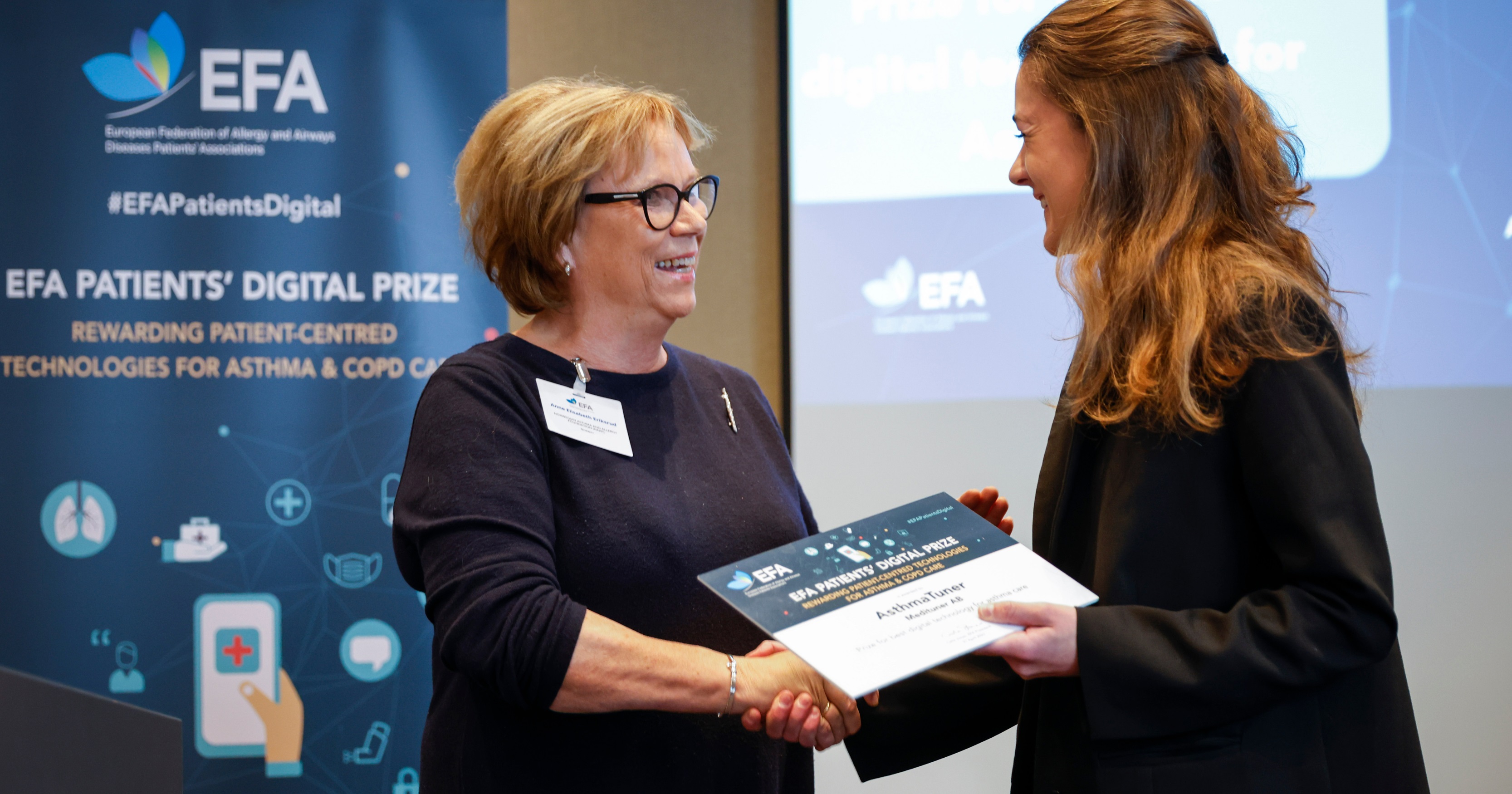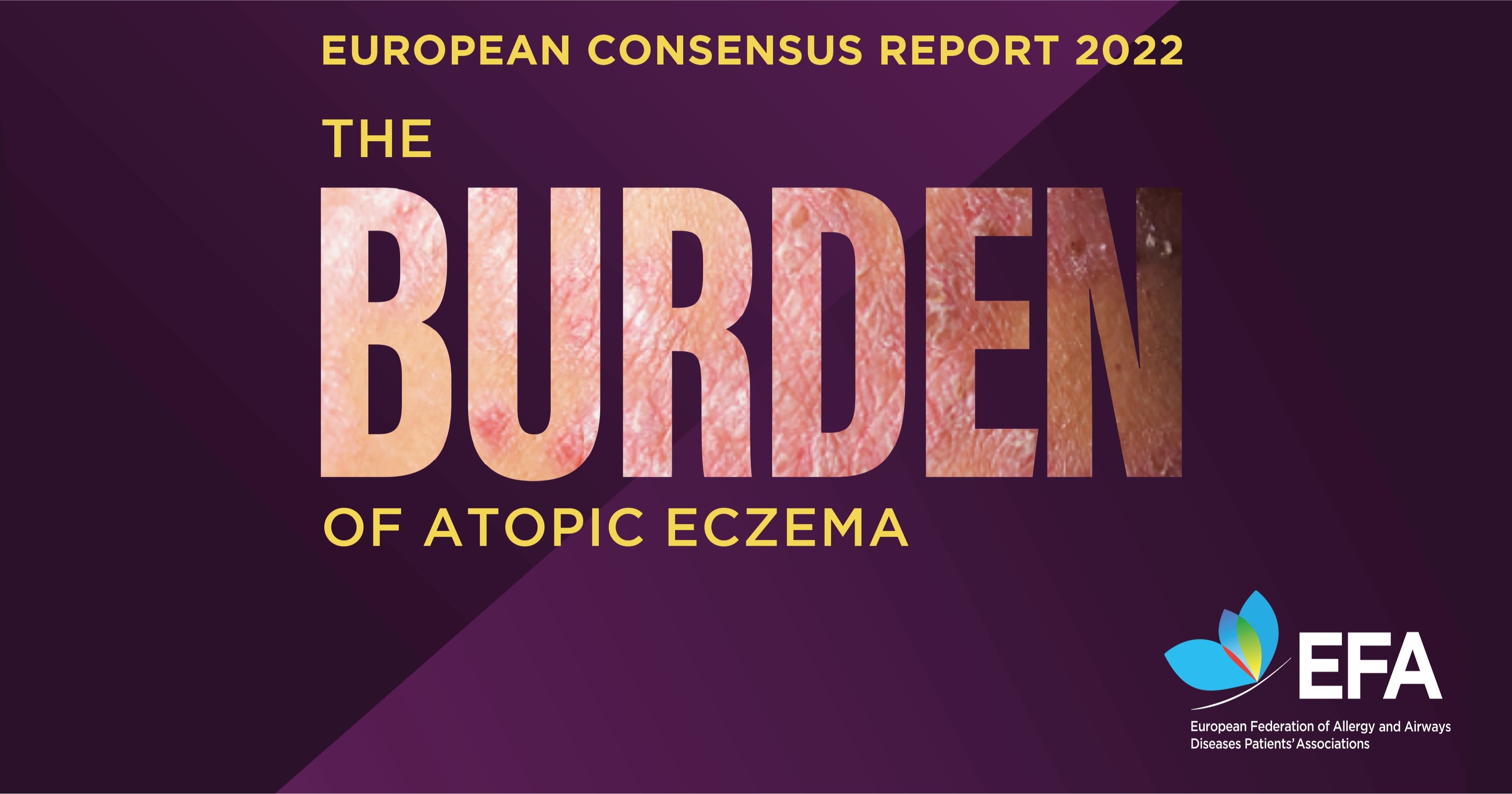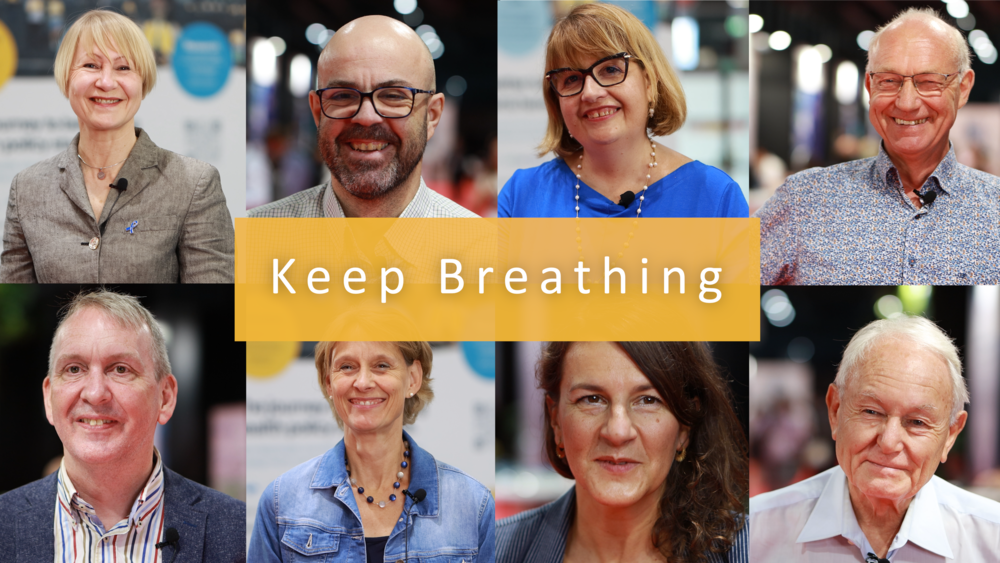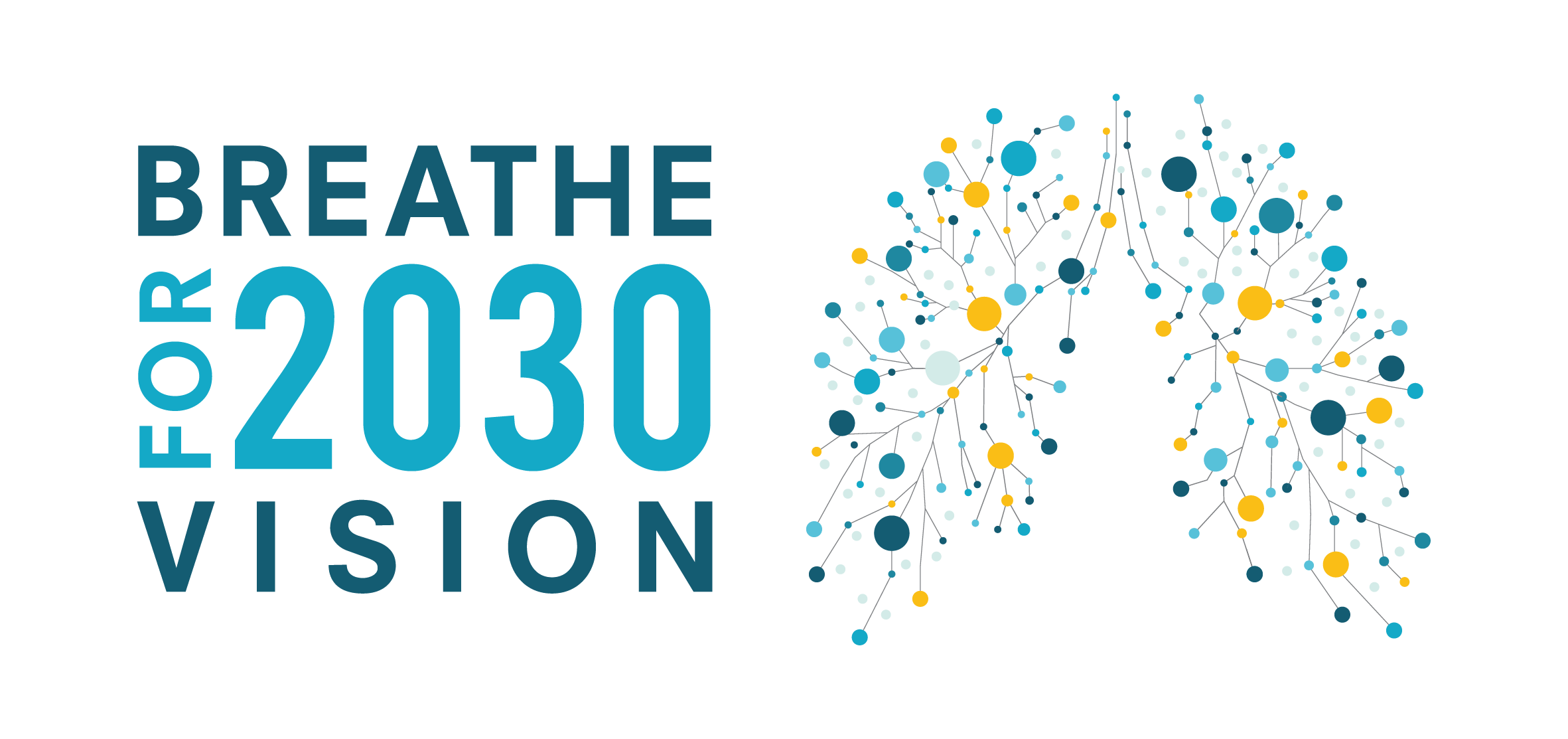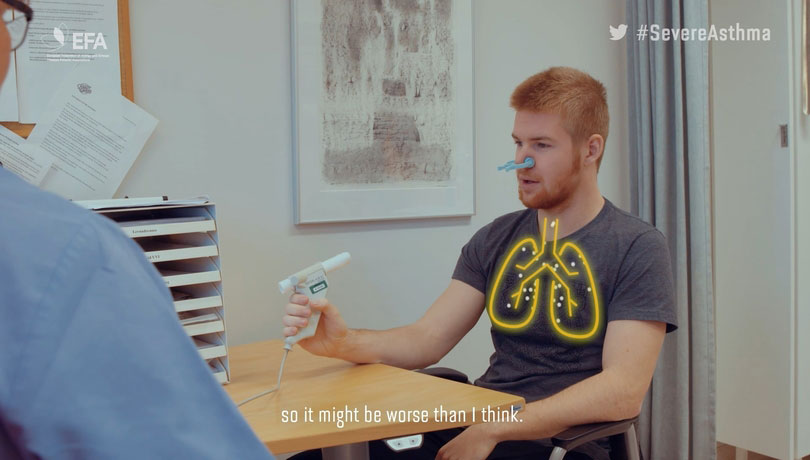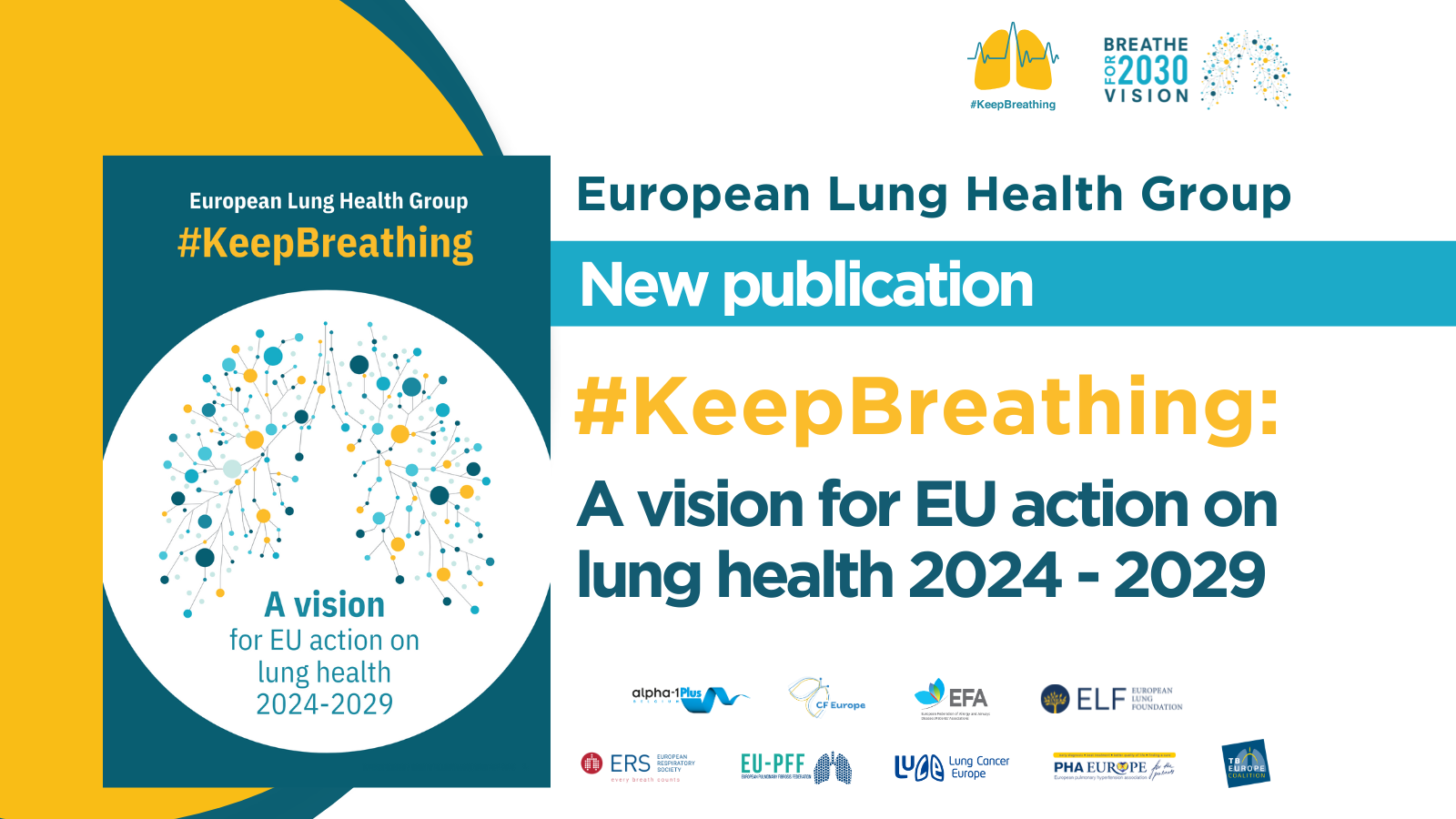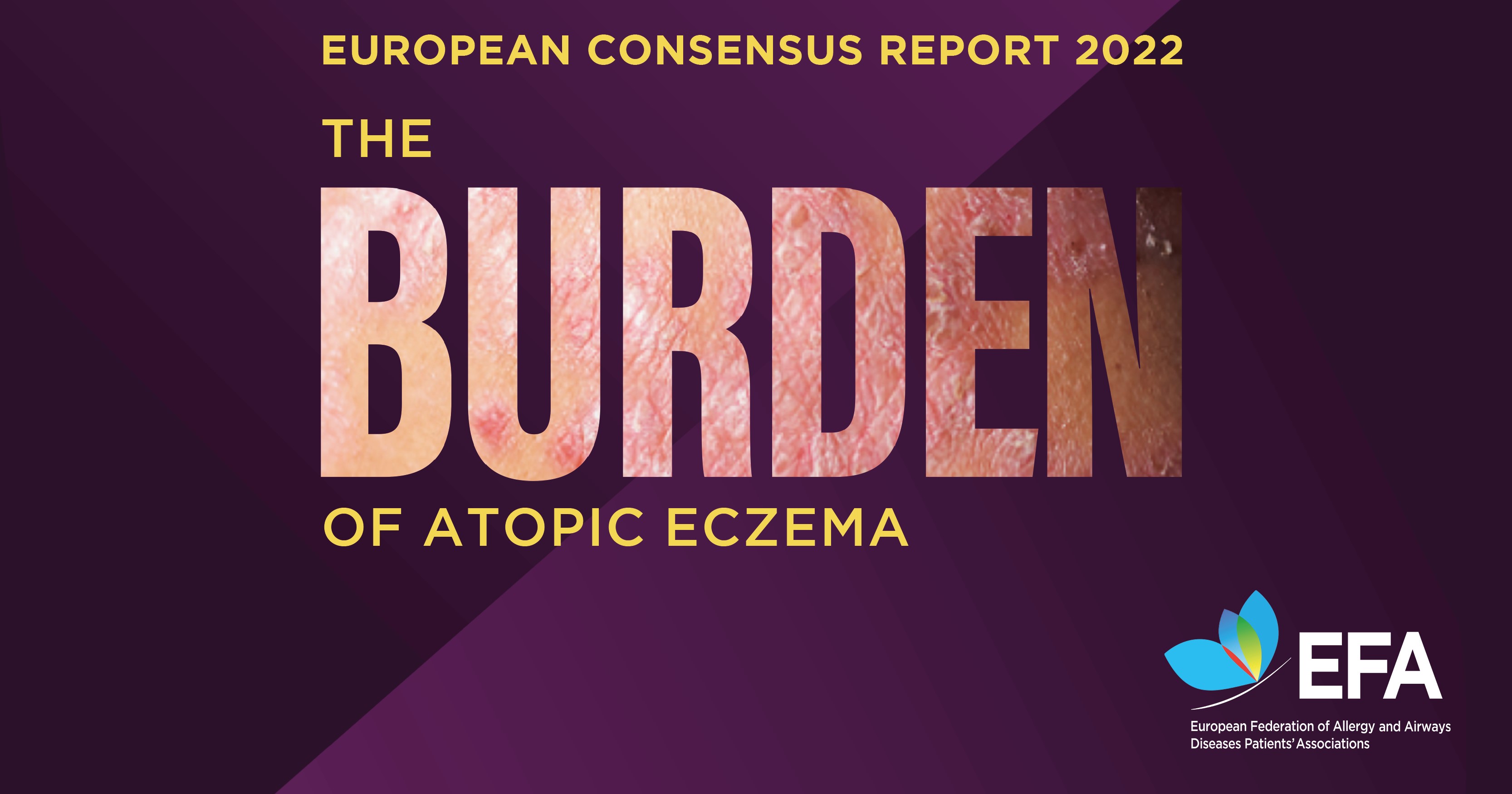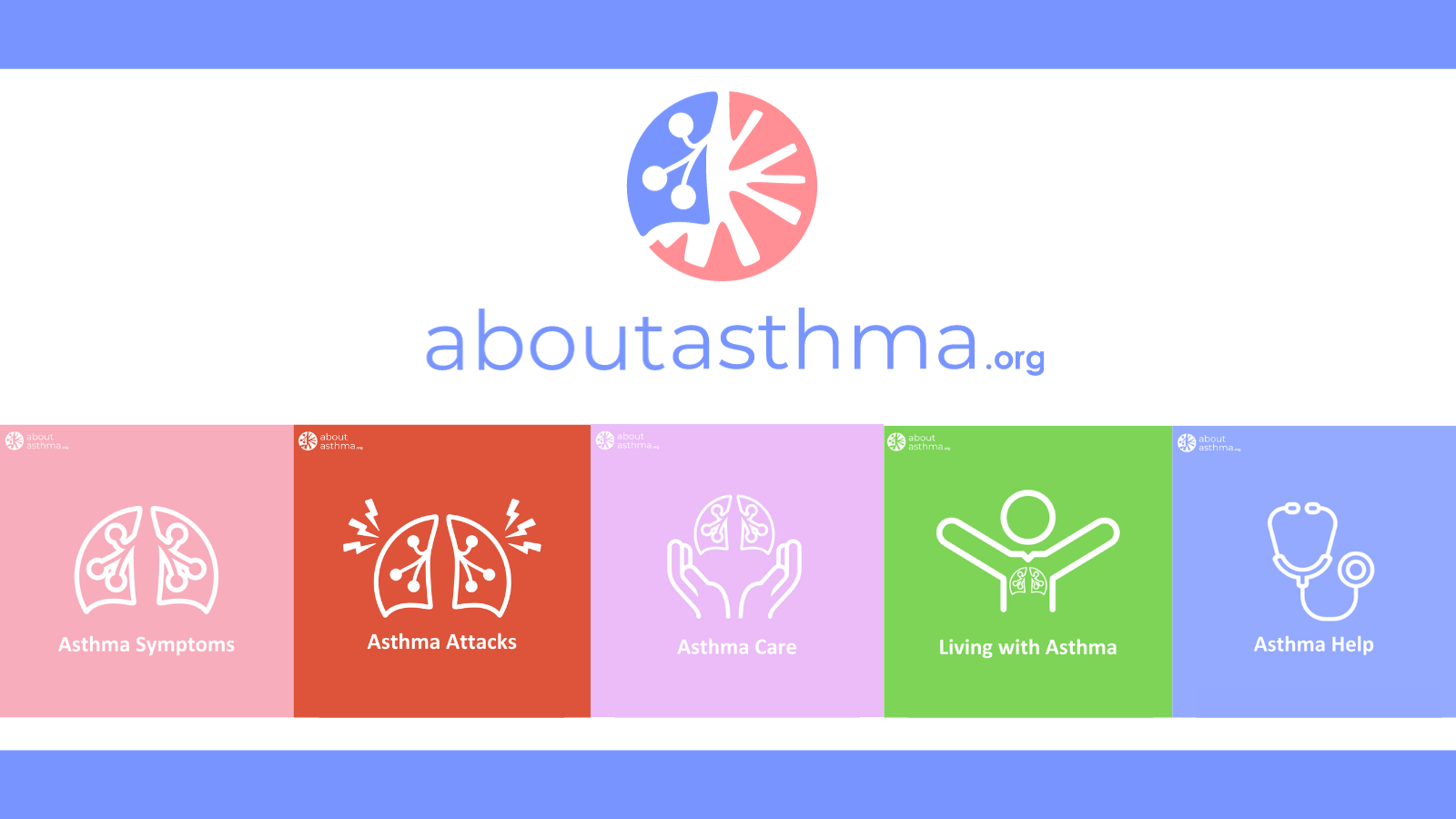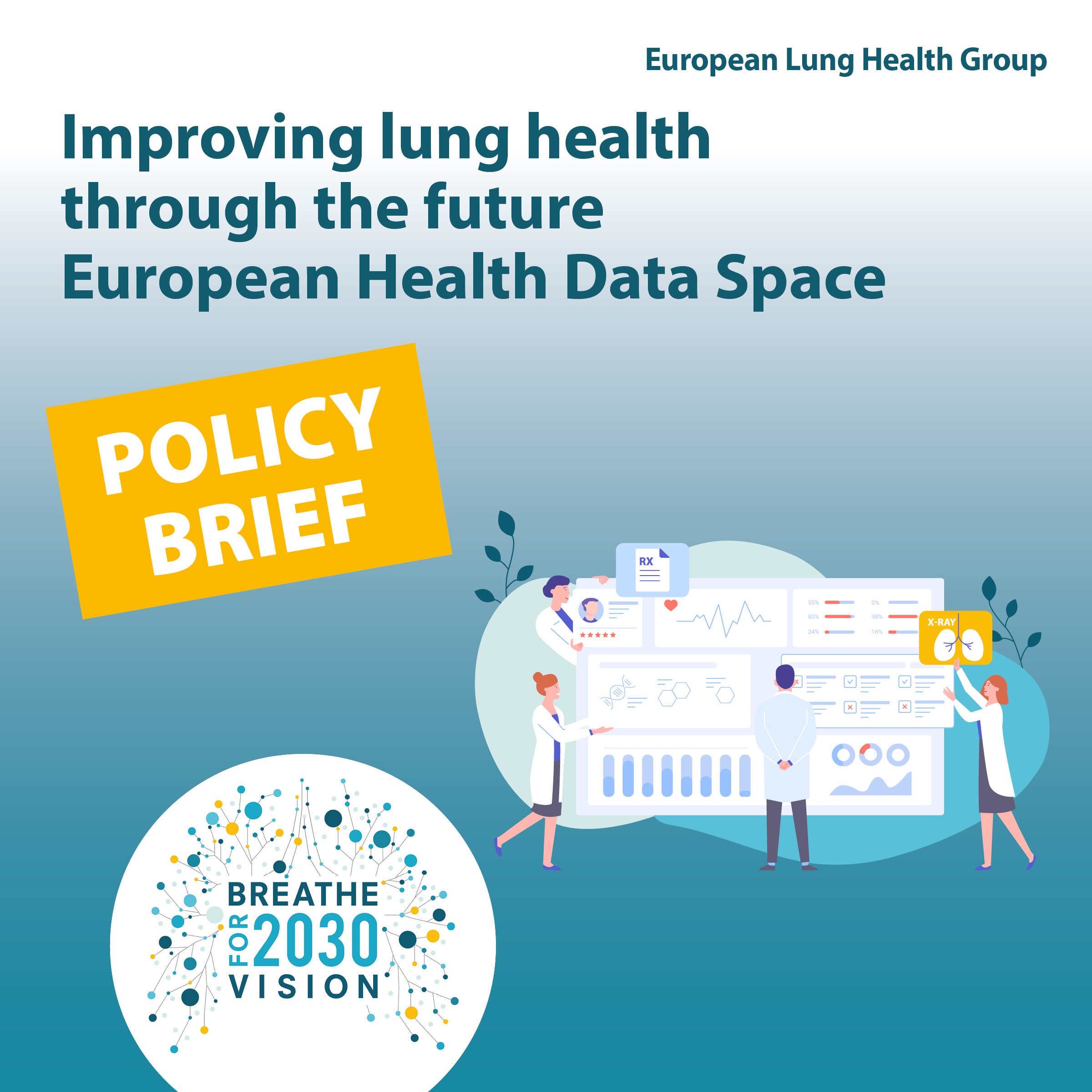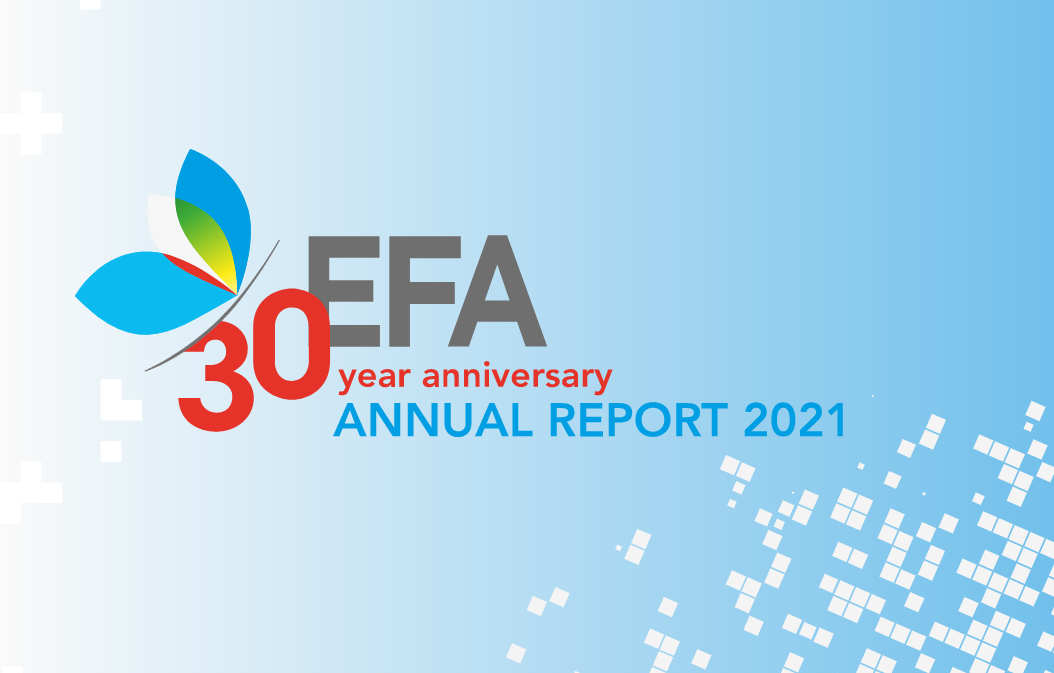Horizon 2020: the new EU Research Programme
On the 21st of November, the plenary of the European Parliament voted on the new EU research and innovation programme for the period 2014-2020. With a budget of nearly 80 billion EUR over seven years, Horizon 2020 is the biggest EU research programme yet, and one of the main publicly funded research programmes worldwide. It is also one of very few programmes in the next EU budget to see a strong increase in funding – a nearly 30% jump in real terms over the current Seventh Framework Programme. Societal challenges are getting the bigger slice of the cake with almost 30 billion EUR and health together with demographic changes and wellbeing is the first challenge identified. EFA welcomes this vote and we are happy to see that the proposal of continuing with a second Innovative Medicines Initiative (IMI2) is on the table too as this public-private partnership has proved to be an excellent example of successful, but developing cooperation among stakeholders. This topic was discussed during our event organised on the 28th of November to celebrate World COPD Day 2013 that aimed at exploring the role of diseases and patients in shaping Horizon 2020, using COPD as a case study. EU Member States must now give a final seal of approval ahead of the first calls for proposals under Horizon 2020, currently set for the 11th of December. Read more here.
7th Environment Action Programme Becoming Law
On the 20th of November, the Council and the European Parliament signed into law the decision on a 7th EU Environment Action Programme (7 EAP), which will guide EU policy action on environment and climate policy for the next seven years. The 7EAP sets out nine priority objectives, and measures for health protection are defined in the third thematic area “to safeguard EU citizens from environment-related pressures and risks to health and wellbeing”. The programme is a clear step forward in protecting not only the environment, but also in promoting the health and quality of life of Europe’s citizens as for the first time, it gives due weight to improving the quality of the indoor air. In addition to this, it sets the goal that by 2020 outdoor air quality has significantly improved, moving closer to the World Health Organisation (WHO) recommended levels. The process started 12 months ago, when the Commission tabled its proposal, and EFA has been active advocating for health protection and disease prevention requesting a strategy on indoor air quality, limit values (both for outdoor and indoor pollutants) in line with WHO guidelines, and phase out and restriction of hazardous chemicals (see our briefing and the advocacy letter sent to the members of the Environment, Public Health and Food Safety Committee of the European Parliament). Read more here.
Reflection Process on Chronic Diseases Coming to an End
Last year, the European Commission opened a consultation for stakeholders in the framework of the reflection process on chronic diseases. Such a process was required by the Council conclusions on innovative approaches for chronic diseases and EFA responded to the consultation outlining our priorities and needs of patients with allergy, asthma and COPD (the final report of the consultation and the executive summary are now published). After more than one year since this consultation, the final report of the reflection process was released last week. It indicates two main areas of EU actions:
- chronic diseases’ prevention and health promotion;
- management of chronic diseases, with a special focus on patients’ empowerment.
Prevention and health promotion will be realised through the European innovation partnership on active and healthy ageing, one of the flagship initiatives of the Europe 2020 strategy, and through the exchange of good practices (among others, the realisation of targeted screenings of risk groups and the establishment of population registers). In addition to this, the main four risk factors (tobacco, alcohol, poor diet and physical activity) will continue to be addressed; EU funds and programmes will finance research and investments in health; and comparable data and indicators will be collected in a European health information research infrastructure consortium. To better manage chronic diseases, initiatives aiming at patients’ empowerment throughout Europe will be mapped and results published in summer 2014. An EU summit on chronic diseases is scheduled for next year. For more information on the process and for consulting the interim report, click here. An interesting report prepared by the Dutch national institute for public health and the environment on the burden of chronic diseases in Europe can be accessed here. Particularly important for EFA, this report presents COPD as a case-study and one of the major chronic diseases.
Vilnius Declaration on “Sustainable Health Systems for Inclusive Growth in Europe”
At the event entitled „Sustainable Health Systems for Inclusive Growth in Europe” which took place in Vilnius earlier this month and which is also presented to you in the section “EFA in Meetings” of this eZine, there was adopted document Vilnius Declaration which calls on European governments and European Union to take immediate actions to ensure that health systems in European countries are sustainable, people-oriented and inclusive. This Call for Action sets up three actions that would secure the above mentioned to be reality:
- Increase investment in health promotion and disease prevention
- Ensure universal access to high-quality, people-centred health services
- Ensure that health system reforms – including workforce planning – are evidence-based and focus on cost-effectiveness, sustainability and good governance
Tonio Borg, European Commissioner for Health called the Vilnius Declaration a victory and added: "Existing EU health care systems can be sustainable – if reformed properly. Otherwise, health crisis is inevitable" The background of the objectives of the Vilnius Declaration is very simple. Since health has a significant role in Europe’s success and economic future, it is believed that EU’s growth strategy for the coming decade – Europe 2020 – cannot be successful without healthier Europeans. Therefore, there is need of improved health outcomes and reductions of health inequalities.
EFA Published its report on “Meet and Greet the EU Institutions” Training
On the 15th and 16th of October 2013, EFA organised our fourth “Meet and Greet the EU Institutions” training. It was built upon the experience of the previous three events that took place on the 29th and 30th of November 2007, on the 3rd and 4th of December 2009 and on the 20th and 21st of March 2012. All programmes and previous reports are available here. This year’s event was a combination of beginner and advanced training with general basic presentations, as well as case-studies and workshops on more specific legislative dossiers. The goal of the training was on the one hand to give the members a general overview of the EU functioning and policies directly or indirectly related to allergy, asthma and COPD patients in Europe, and on the other hand to gain better understanding of how EU policies channel the decisions of national governments and how EFA patients’ associations can contribute to the EU decision-making process. On the whole, respondents were very pleased with their stay in Brussels: they commented that the programme gave a good overview over ongoing issues in Brussels and how to work at EU level. The role-play on the tobacco products directive was deemed to be an eye-opener, and the meetings with the Members of the European Parliament were very much appreciated too. Some improvements were, however, suggested by members: presentations of the first day were too charged with information, and another more interactive format should be preferred with questions and answers sessions and networking opportunities more than plenary sessions. As these trainings have shown to be appreciated and successful in improving the cooperation among members, EFA is already planning a fifth one, scheduled during the first ten days of April. Read more here. To learn more about the EU and health policy, you can take a look at the EPHA Guide: The EU and Health
EEA Publication on Nature Resources and Well-Being in a “Green Economy”
On the 20th of November, the European Environment Agency (EEA) published the updated version of the “Environmental Indicator Report 2013”. The document focuses on the impact of food, water, energy and housing in human well-being. It shows that lack of filters on domestic burners means that households are now the main source of fine particulate matter emissions in the EU. EFA has been advocating for a strategy on indoor air quality that fixes this problem too and participated in an EU funded project aimed at developing health-based ventilation guidelines for non-industrial buildings in Europe (HealthVent). Read more on the publication here.
Updates on Tobacco Products and Medical Devices
Last month, we informed you about the outcomes of the votes in the European Parliament’s plenary on the directive on tobacco products and the regulation on medical devices. The trialogues between the representatives of the European Commission, the European Parliament and the Council of the European Union are ongoing and at EFA we continue to support our priorities to improve the health and quality of life of people with allergy, asthma and COPD. Read more here.
